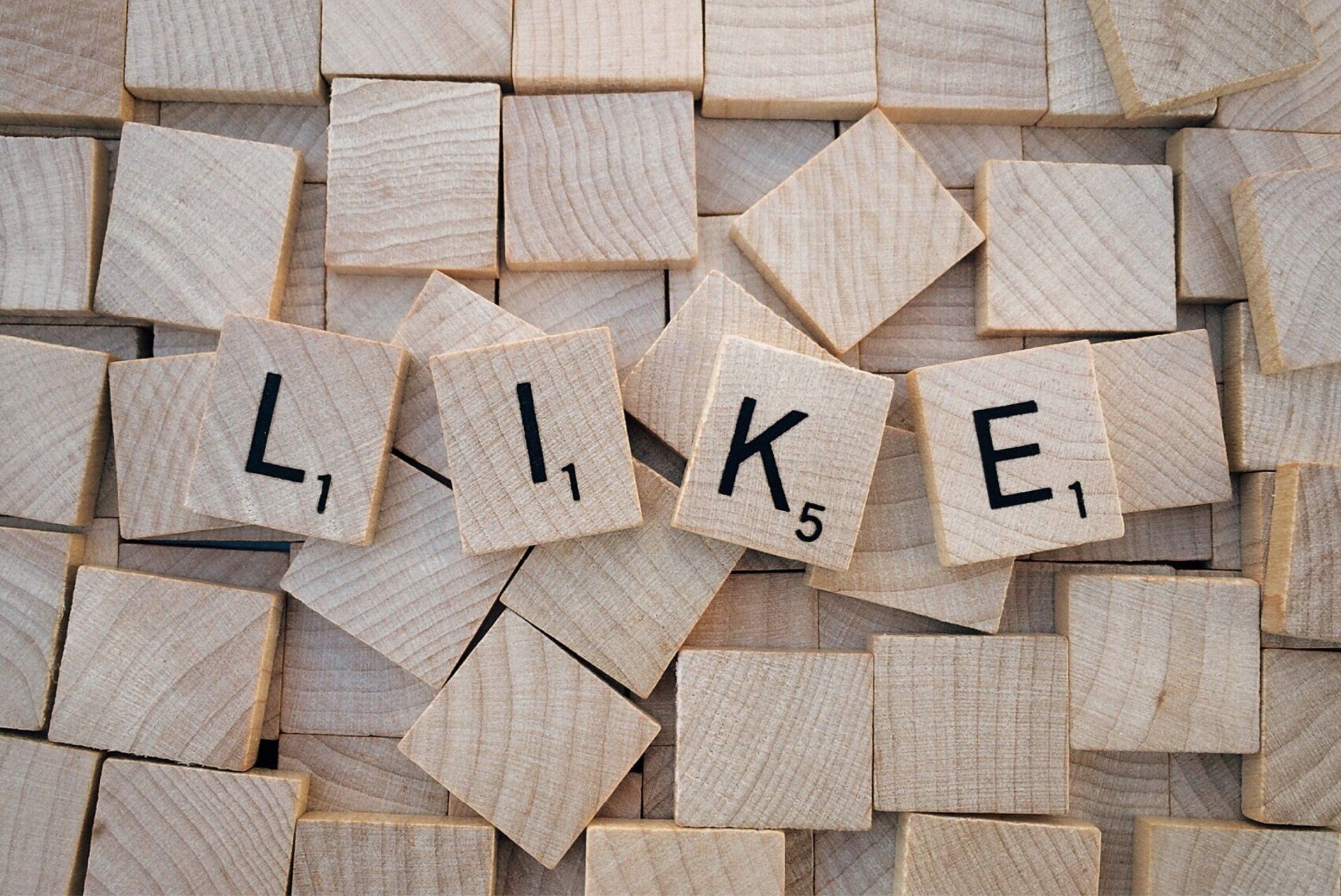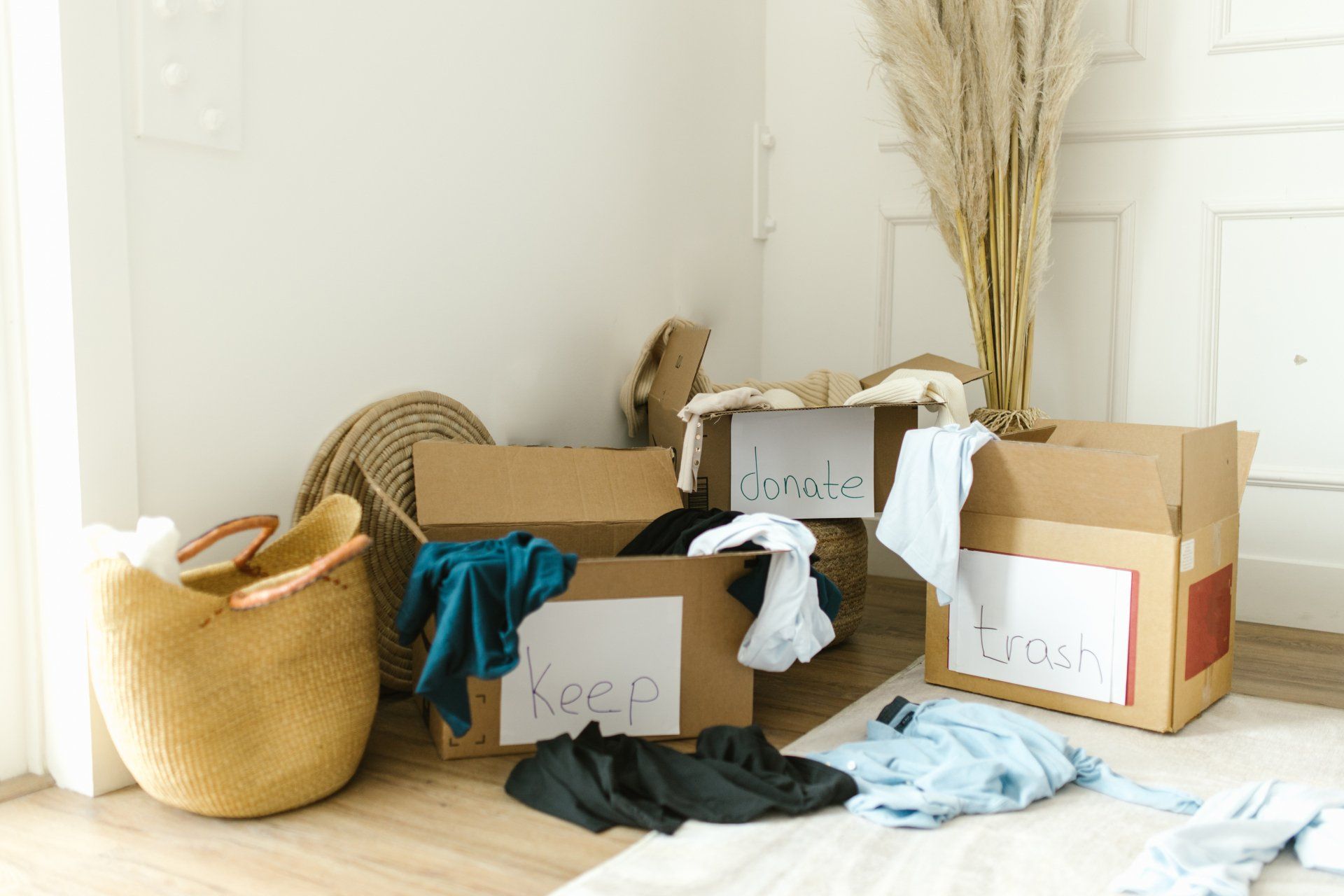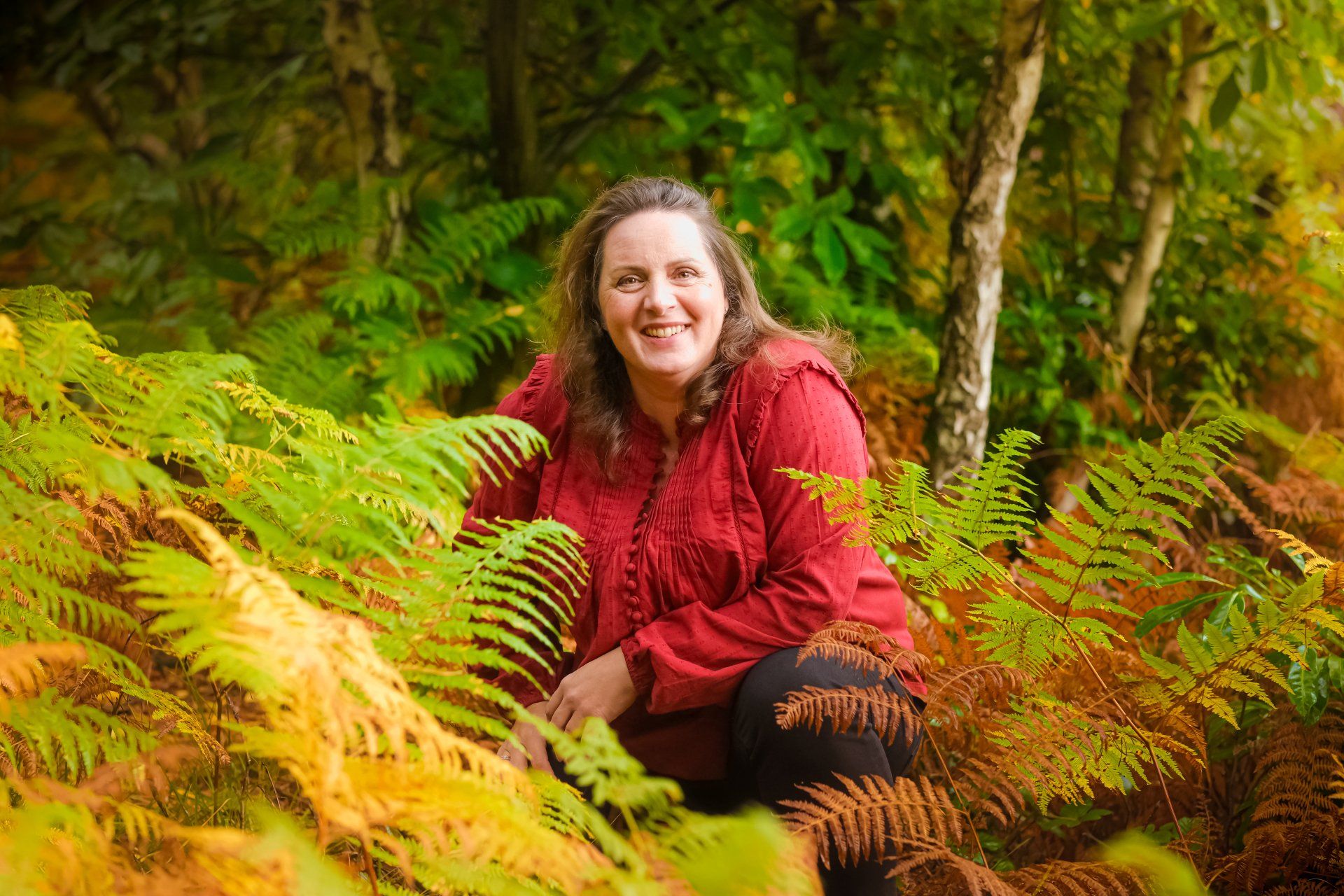Blog

Do you have a healthy relationship with social media? Ask yourself the following questions Are the posts I’m seeing making me happy? Do the accounts I follow make me feel like I need to be someone else? Am I being bullied or trolled? Am I comparing myself/ my body/ my success/ my wealth with others on social media? Is the way I’m using social media affecting my mental health? Am I spending more time on social media than with real-life friends and family? Am I constantly checking for social media updates even when in the company of real-life friends and family? Then it might be time to examine your online habits and find a healthier balance for a happier life both on and offline. The problem with social media Human beings are social creatures who need bonds with each other to thrive. We use it for fun, for information, and it can be a wonderful creative outlet. We use it to connect with people in different ways – online dating can lead to long lasting and meaningful real-life relationships and people can find solace within certain online communities such as LGBTQ+ or religious groups, helping them to feel less lonely. However, social media should never replace real-life connections. Perhaps somewhat ironically, excessive use of the very technology that is designed to connect people has been linked to loneliness, depression, anxiety, and low self-esteem. But social media is addictive , and it is designed to be habit forming, to keep you online checking for updates. It’s how they make their money. The sense of reward you get from revealing the next post bearing previously unknown information or a like or comment is like that of using a slot machine. The body actually releases dopamine, the chemical linked to pleasure and reward, leading to us craving more of the social media offer. We have such easy access to social media – PCs, laptops, tablets, phones, TVs, smart watches – we can tune in to it from pretty much wherever we are, so temptation to check in is all around. And this temptation can lead to problems with impulse control, levels of concentration, and it can disturb your sleep. Our expectations of the interactions we will achieve from our use of social media often are not met. It might be that a photo we posted didn’t get the number of likes we had hoped for – this might make us feel disappointed and invalidated. Comparing our own lives to our perception of others from social media can also cause disappointment, affect our self-esteem, and even cause anxiety. We judge ourselves in comparison to others. Even when we know that photos have been filtered, scrolling through a constant stream of perfectly airbrushed images can make us feel like it’s impossible to live up to societal beauty standards. Similarly, we know that people only share the (often staged) highlights of their lives and rarely the lowlights, but we still feel envious of their relative success and dissatisfaction with our own lives. Social media feeds our need for social validation, and we have a real Feel Of Missing Out (FOMO) when we aren’t regularly checking in or when we do check in and see the exciting things our social media connections are posting about, which makes us feel like other people are having a better time than us, are happier than us. Seeing constant images of people always seemingly having fun can make us feel like we’re missing out. Heavy use of social media might be masking more serious mental health problems such as stress or depression. Using social media to distract you from feeling low or lonely may mean that you are trying to avoid more unpleasant feelings or trying to self-soothe. A self-fulfilling prophecy: 1. We increase our use of social media when we’re feeling lonely, depressed, anxious or stressed to relieve boredom and to feel more connected. 2. The increased usage makes us feel inadequate, isolated and we experience FOMO. 3. These feelings make our symptoms of low mood, stress, and depression worse. 4. We use social media even more to relieve the boredom and to feel more connected, and so the cycle continues. So, we can see that social media can lead to us having both positive and negative experiences . There are no set rules about how many hours we should spend on social media or how often we should check for updates, after all, every one of us is different and our motivations for using social media will be different too. The key to achieving a healthier relationship with social media is about the way in which we choose to use social media and the impact it has on our mood and other aspects of our lives, like sleep. Here are some tips on how to create new habits to use social media in a healthier way: Consider whether you might need a total break or detox from social media – maybe try it for a month and commit to spending time focusing on your real-life relationships and self-care and then see how you feel about things. If deleting all social media feels a bit extreme, maybe try deleting just one app to begin with. You may feel like a total detox isn’t necessary, but still want to reduce your time on social media. Use the tools available to you within the technology to set screen time limits. You could use an app to track the amount of time you are spending on social media and then set a goal to reduce that amount. You could also try blocking out time in your diary specifically for when you will check your online accounts and not stray outside of those times. Try deleting social media apps from your phone so you have to log on to your laptop or PC to access them. Turn your phone off at certain times to remove temptation, such as when you are spending time with your children, in a meeting or having dinner. Don’t take your phone to the bathroom or to bed! Disable social media notifications so you are not constantly interrupted by beeping and buzzing, which will help remove temptation and to regain control over the use of your time. Consider making a positive plan for how you will fill your time so that you are not wasting away the hours on social media. Schedule time for exercise and other self-care activities. Take a proactive approach to improving your real-life connections and relationships and make opportunities to meet people face to face rather than online when you can. Go through the list of people, organisations, and businesses you follow and make sure they are ones who fill you with joy and who inspire you. Unfollow those who don't. Try to see filters as something that are fun to use but are not something that you need to emulate. If you are still feeling depressed or anxious, contact your GP to discuss an appropriate course of action for yourself. Do you have any top tips to share about how we can have a healthier relationship with social media? If so, I'd love to see them in the comments below. Liz 😊



